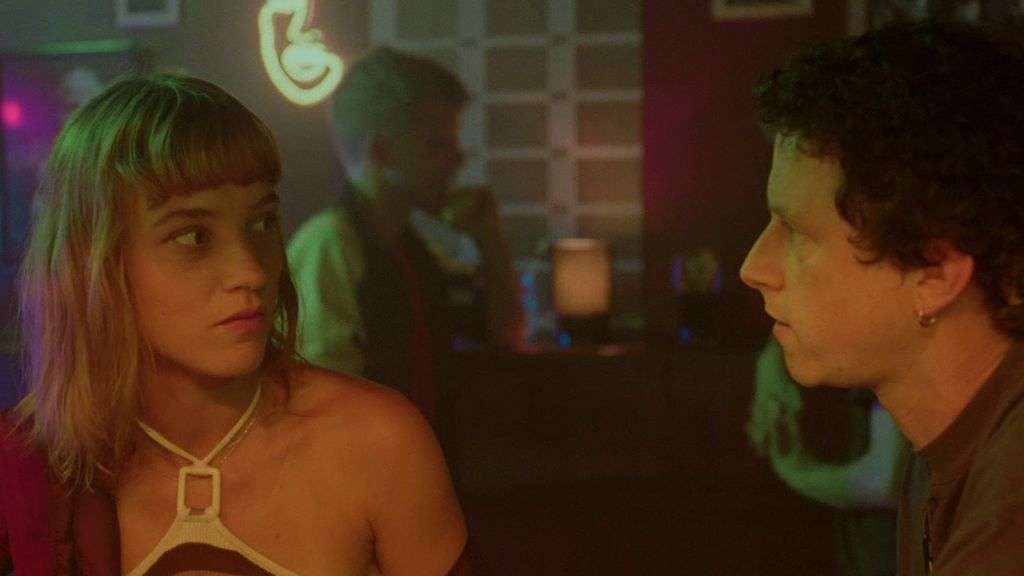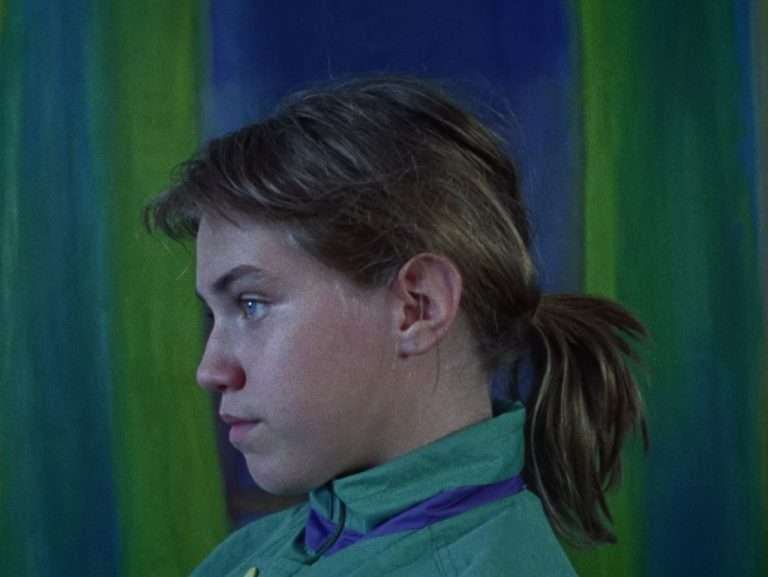The coming-of-age narrative is the easiest to abuse in terms of constructing narratives around, allowing actors to flex their muscles in narratives that are easy enough to emotionally connect with audiences because of the very relatable human foibles most of the movies in this genre usually tend to explore. Thus, there is a risk that most of these movies in the genre will recycle the same over and over again, without too many variations for them to stand out. Prost’s debut feature “Fario” is a thesis of grief, a chance to explore the coming-of-age narrative for a young man to confront and reconcile with the loss of his father, as well as rekindle a connection with the hometown he had left behind for the hustle and bustle of the city.
It sounds simple enough, but the wrinkle in the premise stems from the details: Leo returns to his hometown to sell off his share of the land belonging to his father to a mining company digging for rare earth metals. However, as Leo starts reconnecting and risks opening old wounds within his family, he also learns something troubling about the mining company that forces him to stay.
It’s impressive how the coming-of-age narrative in the film is integrated well into the story and how the environmental storyline informs it. It was supposed to be a one-week visit for Leo, but visiting the mining company and learning of his mother’s decision not to sell the land induces the first hurdle. However, it was Leo’s realization that the trout in the freshwater stream were exhibiting mutations in the form of bioluminescence that forced him to stay back and do research.
Prost wisely takes the conceit of the small-town tales and includes key supporting figures in all places of importance—ex-girlfriend at a science laboratory, cousin at a modern farm, etc. Prost’s direction also deftly manages to include the emotional reckoning of Leo’s father’s loss with Leo’s investigation into the apparent water poisoning without stumbling in a fashion that might seem forced. The movie is not perfect from a screenplay standpoint, but it is firing on all cylinders when it balances the small-town cultural specificity with the ecological investigation.

Part of the reason why the movie also works very well, managing to paper over some of the flaws, is the strong performances. Finnegan Oldfield, as Leo, is the protagonist and the character the audiences almost have a solipsistic relationship with. The movie takes place from his perspective, and credit goes to the direction and sound design closely associated with the character’s internal makeup. As befitting the character, who is an introvert, a bit awkward, mildly depressed, unable to become sexually aroused, and mostly closed off from everybody around him in the town, the sound design too is sparse.
The direction, too, is very much interested in micro-expressions flitting across Oldfield’s usually stony face, hiding forth a hurt and vulnerable soul unable to get over the loss of his father or realizing that the town has changed without his absence, and he might have started liking the subtle alterations. This extends to the interactions with his mother and cousin, foregoing the usual dysfunctional family tropes of quarreling inducing anxiety, aided by rapid camera work. Instead, it’s mostly laidback banter mixed with serious statements. Leo chooses to remain within his interiority until he falls apart in the final moments of interactions with his mother, finally forced to deal with the avoidance.
The two major issues the movie has are both bookends. The introduction of Leo as a young, hip individual partying and trying to engage in fornication with a woman produces the most conventional start of any coming-of-age narrative, and it takes a while to introduce his life and his friend circle in Berlin, which the movie ultimately doesn’t look back on throughout the rest of the runtime. The second issue is the introduction of hallucinations, which can be excused by dream sequences flashing and disrupting his sleep, causing Leo to have a panic attack. It’s almost like Leo has to run a dual investigation of both the core of his hometown and his soul.
But when the movie goes into hallucinogenic dream sequences throughout, with Leo submerged in water and dreaming of the trouts in the lake coming to “get him like Piranhas” or the final sequence of Leo being rescued by the trouts while unconscious, there are moments where the suspension of disbelief is challenged, partly because of the dodgy CGI and partly because of the film luxuriating on these hallucinations, risking them becoming concrete events within the narrative. The hallucinogenic section in that final act robs the movie’s effectiveness and impact slightly towards the end.
A well-paced ninety-minute, low-key coming-of-age story in which the protagonist’s interiority defines both the direction and background score of the film and maintains a low-key vibe throughout, Lucile Prost’s debut feature, marrying the eco-thriller with the solipsism inherent within the genre, works for the most part, producing a fascinating film.






![Land [2021]: ‘Sundance’ Review – Robin Wright helms a moving tale about resilience](https://79468c92.delivery.rocketcdn.me/wp-content/uploads/2021/02/Land-Movie-2020-768x432.jpg)

![Rom Boys: 40 Years of Rad [2020] Review – A documentary that celebrates memories](https://79468c92.delivery.rocketcdn.me/wp-content/uploads/2020/12/Rom-Boys-40-Years-of-Rad-highonfilms-1-768x405.jpeg)